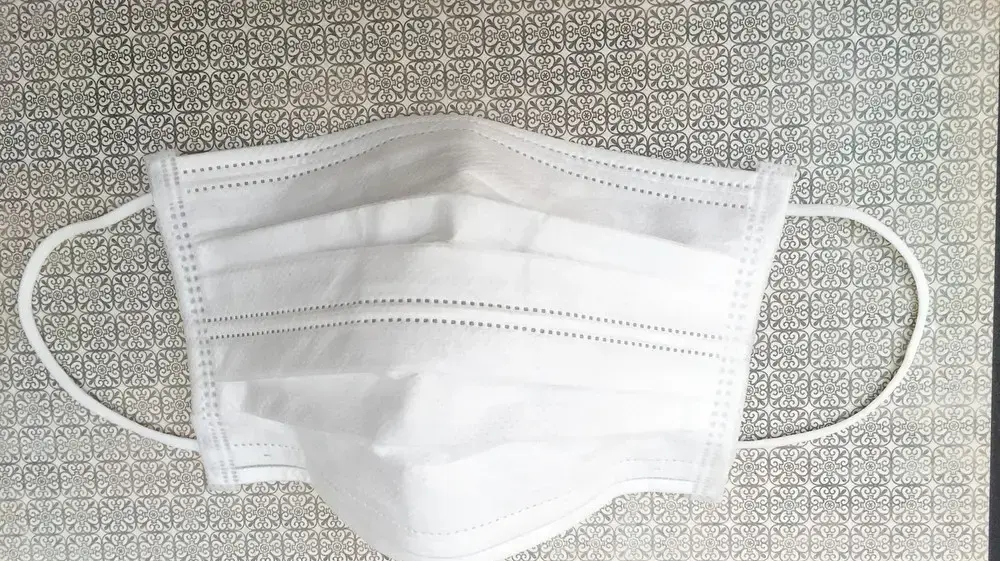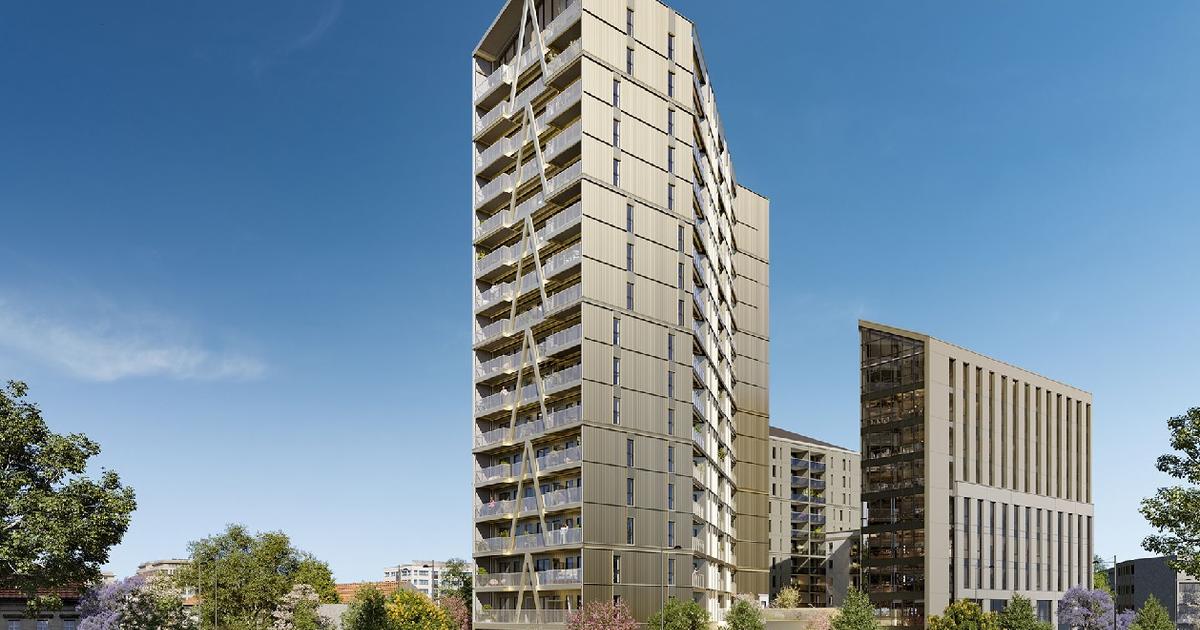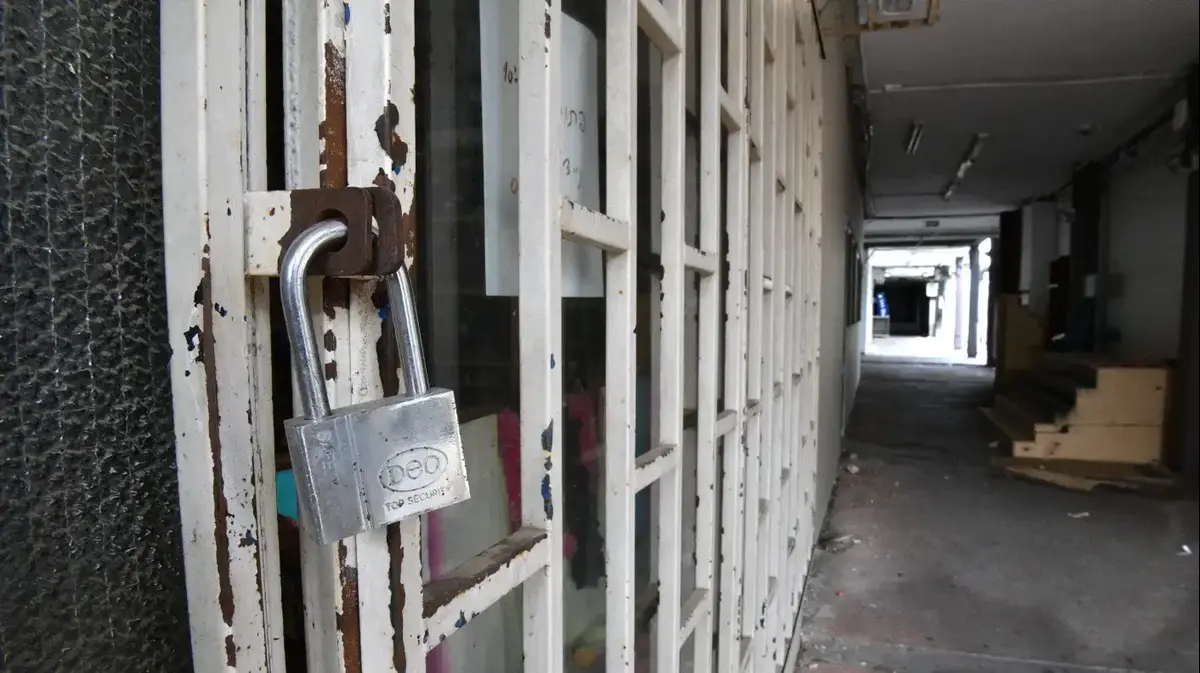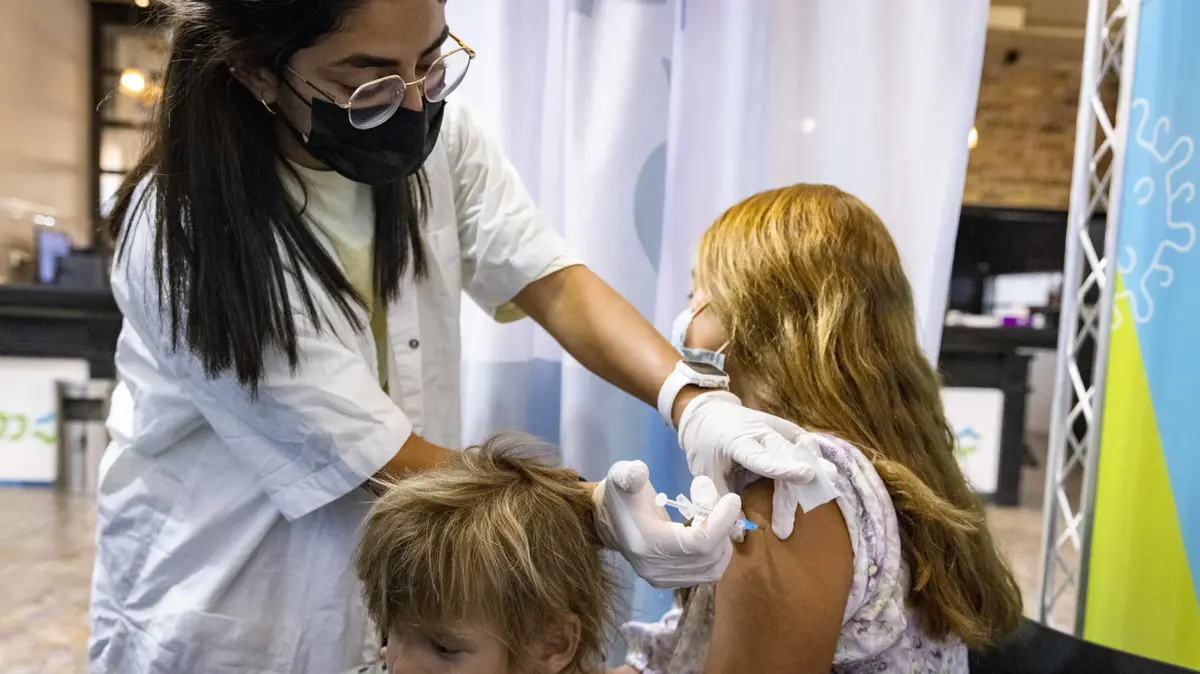14 days of nothing: This is what is allowed and must not be done during corona insulation
In view of the unfortunate fact that the end of the Corona period in our lives seems out of sight, it is likely that quite a few people will soon find themselves in isolation. So we have gathered all the guidelines for maintaining your health - yours and those around you - during this time
14 days of nothing: This is what is allowed and must not be done during corona insulation
Editing: Asaf DruryThe corona virus continues to spread and panic in the world. Although we posted here yesterday that the real death toll from Corona is less scary than we thought - only 2 percent of the time - it is important to take all precautions so as not to infect others. In fact, it is enough to be only 15 seconds near a person carrying the virus to get infected, and it is perfectly clear why people who may carry the virus are asked to stay in isolation for 14 days.
More in Walla! NEWS More in Walla! NEWSWill masks really protect us from the Corona virus?
To the full articleAccording to Health Ministry guidelines, anyone returning from China, Thailand, Hong Kong, Singapore and Macau since February 16 should remain in home isolation for 14 days. Also, a person who has been in another country and has learned that he has been in contact with a person diagnosed with a patient in Corona should show responsibility and remain in solitary confinement for 14 days. It should be noted that today Minister of Health Jacob Litzman said in an interview at Walla Studio! NEWS that his office is considering canceling the solitary confinement from Thailand, Hong Kong, Singapore and Macau - but these guidelines are still mandatory at the moment. And given the fact that the end of the Corona period in our lives seems out of sight, it's likely that quite a few people will soon find themselves in isolation, so we've gathered all the guidelines for maintaining your health - yours and those around you - during that time.
What should we do in isolation?
The first and most important thing is to use reasonable steps to avoid close contact with other people as much as possible. That means staying home for 14 days and not going to work, school or other public places, and not using public transport. The isolation lasts 14 days because it is the virus's incubation period. According to the Ministry of Health's instructions, the isolation must be reported via an online form or the Voice Health Call Center at 5400 *.
You are going to wash your hands a lot, a lot. Hand washing (Photo: ShutterStock)
Hand washing with soap (Photo: ShutterStock)
It is important that the place you are in should be well ventilated so that it does not begin. If there are other people in the house who should not be in isolation make sure to stay in a separate room from them so as not to catch up. In this case too, it is important to keep an open window and hygiene rules - frequent hand washing and disinfecting surfaces.
If possible - you better have separate toilet and shower, if not possible it is important to clean the toilet after each use. In any case, if you are in isolation at home where there are other people, make sure you leave the room only for necessary and brief actions, while covering your mouth and nose with a mask or cloth. During the isolation period, it is very important to wash hands with soap and water or disinfect them with alcoholic disinfectant before and after food preparation, before eating and before and after using the toilet.
Do not be ashamed to ask for help from friends and family so they will provide you with food, prepared food, medicines, books or anything else that will help you through this period. Ask the groceries to be brought to you to keep you out of the way so you don't come in contact. In any case - don't invite visitors to the interior of the house.
Are there any other safety measures you can take?
Definitely. The Ministry of Health has outlined all the conditions to keep in mind when isolating. Here are some of them:
1. Every day, surfaces such as a bedside table, bed frame and other furniture in the isolation room must be cleaned and disinfected with normal household disinfectant.
2. All dirty laundry of the insulated person must be stored in the bag by the time of washing. The laundry can be done with regular laundry soap, but care must be taken to a temperature of 60 ° C.
3. Disposable products such as gloves, handkerchiefs, masks and other debris should be disposed of in a dedicated bag in the isolation room, closed tightly and disposed of in an external garbage can.
4. Shared use of objects that may transmit the virus should be avoided, such as: toothbrush, cigarettes, dinnerware, towels, bedding, and the like.
More in Walla! NEWS
Nine family members infected with corona virus at shared meal First Photos: This is how the corona virus threatens the world The extreme step of nurses caring for corona patients in ChinaAnd what happens if I need medical attention during this time?
According to the Ministry of Health guidelines, if fever, cough or respiratory symptoms occur during the 16-day period of isolation, call your clinic or clinic. Also, in case of any other medical problem that develops during the isolation period, call the clinic and consult the clinic.
If you have no choice but to go out - you must have a mask. Fabric mask (Photo: shutterstock)
Fabric mask (Photo: ShutterStock)
If you need a doctor's medical treatment or a visit to the ER, a telephone call should be preceded by a visit and informed the medical staff there about the details of the illness and the date of return to the country. When visiting the clinic or ER, cover the mouth and nose with a mask that covers the mouth and nose, and if you do not have one - in another. Do not drive to the clinic in public transport, nor by taxi. And when you get there - immediately notify the admissions officials about the signs of the illness and the area in which you were abroad.
Will they pay us for this period?
Yes. Absence from work during the isolation period is considered absenteeism. It is not necessary to contact family physicians for sick leave for absenteeism, but only to offer the employer permission on the date of departure of the countries requiring isolation.








